Conservation Heritage – Turambe strengthens women’s capacity to tackle climate change and environmental protection
In Nyange Sector, Musanze District, a refresher training session was conducted for 30 women who have been part of a transformative project for the past year.
The project, known as the Rwanda Women Climate Resilient Accelerators Program, was launched in 2024 by Conservation Heritage – Turambe (CHT) in partnership with Women’s Earth Alliance (WEA).
It aims to strengthen and capacitate grassroots women to ensure a more resilient grassroots women to climate chocks through skill development, training, environmental protection, climate crisis solutions and eco – entrepreneurship projects.
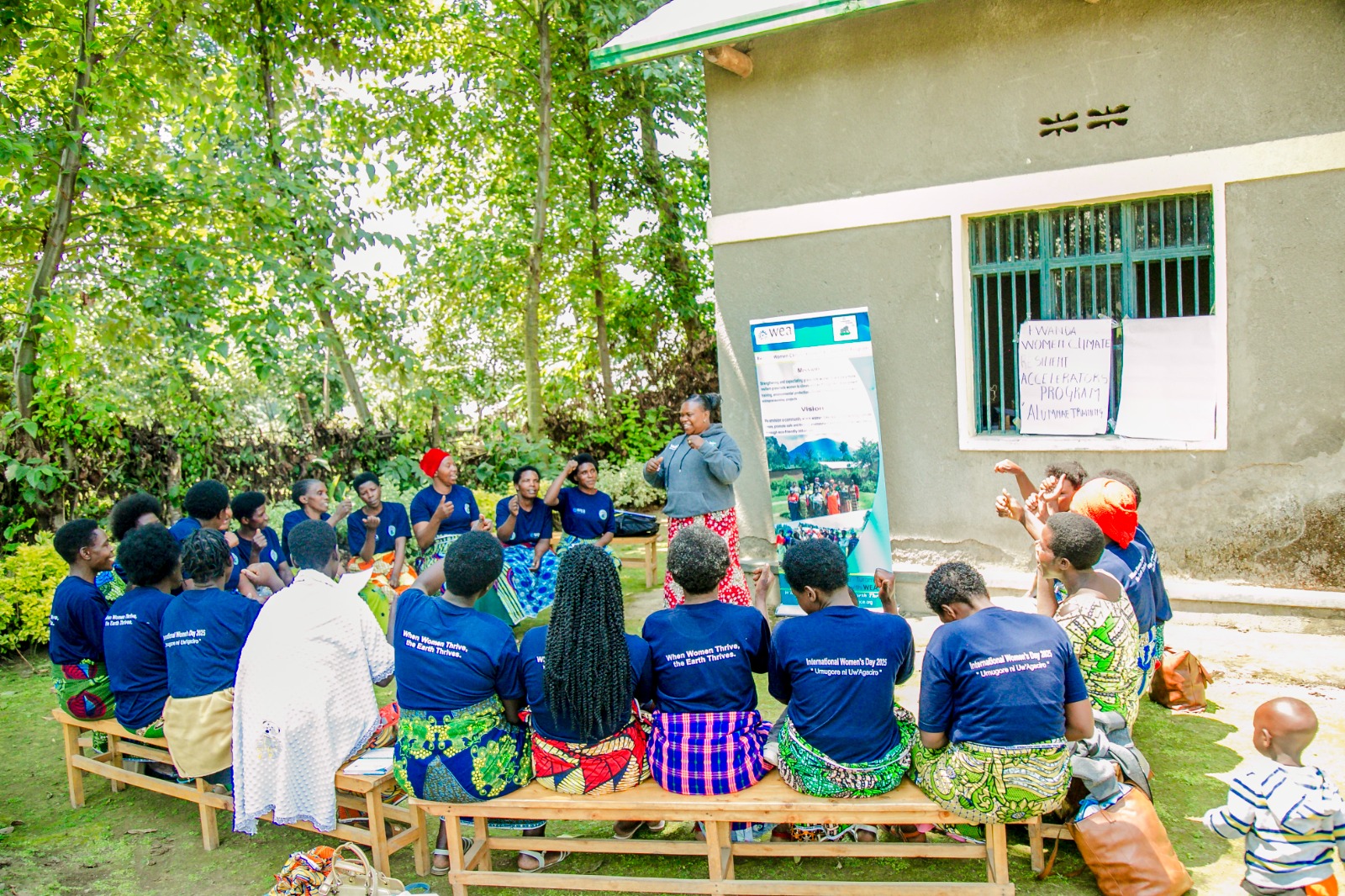
This initiative, which began in 2024, focuses on increasing the capacity of women from communities bordering Volcanoes National Park to become agents of change in their households and beyond. It also seeks to protect the park’s unique biodiversity, including the endangered mountain gorillas.
The refresher training held on July 30 took place in Ninda Cell, Nyange Sector. It covered in-depth topics such as climate change adaptation, environmental stewardship, eco-entrepreneurship, small business management, vegetable growing in sack gardens, and nursery tree management.
The women also received practical training on the use of energy-saving cookstoves known as Rondereza, which significantly reduce firewood consumption.
These sessions are part of a broader strategy to train the women as Trainers of Trainers (TOTs), enabling them to spread this knowledge within their communities.
The original 30 women were selected from Kinigi and Nyange sectors. Each participant initially received a seed grant to start vegetable gardens and tree nurseries at their homes. In addition, each was given a sheep to help improve household nutrition and economic stability while promoting environmentally friendly livelihoods.
To date, the project has led to the planting of 14,597 trees,including indigenous, agroforestry, and fruit trees,across 46.5 hectares along farmlands and riverbanks.
These efforts help control soil erosion, prevent flooding, and conserve biodiversity in areas surrounding the park.
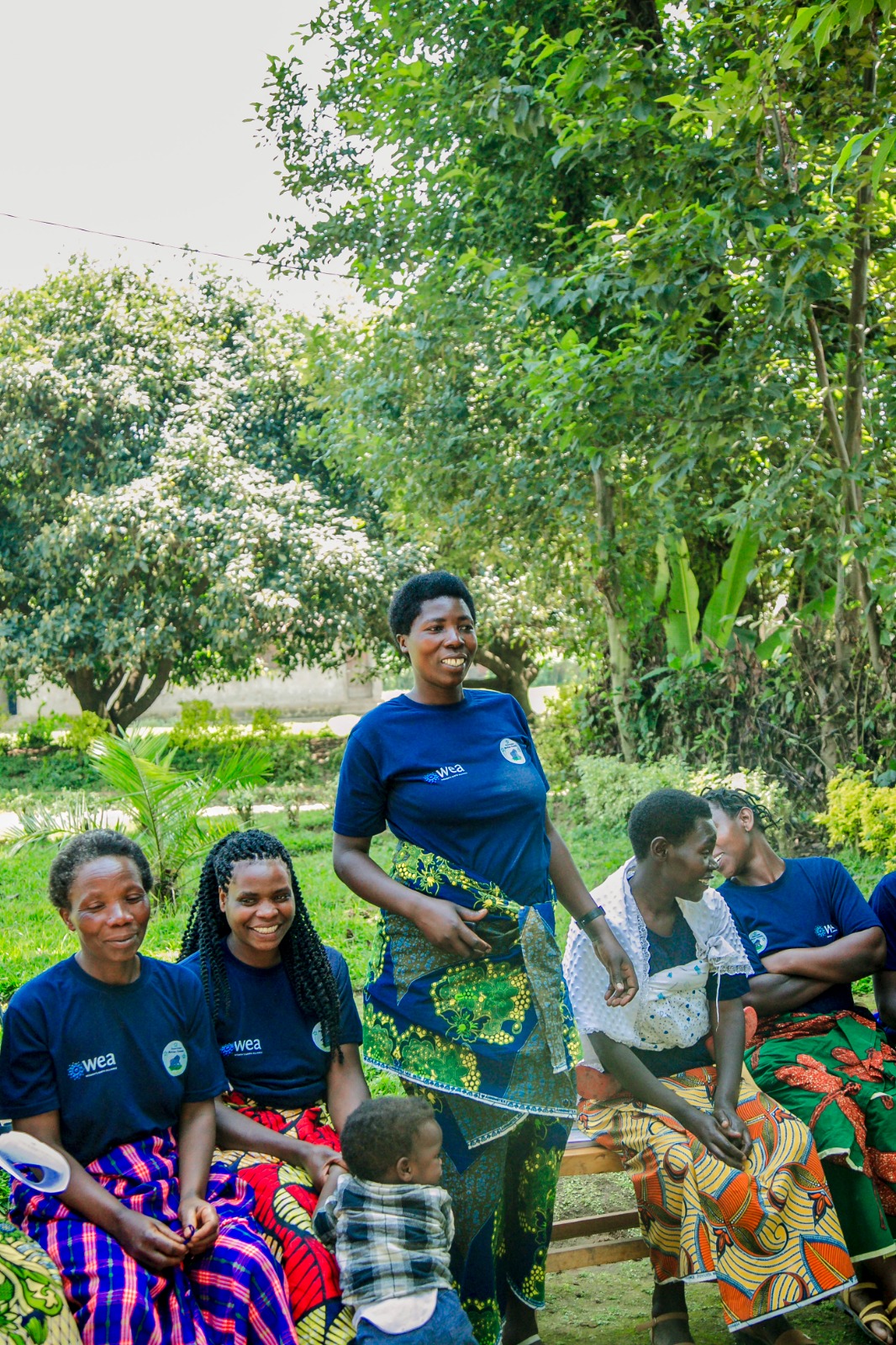
The women shared their stories with Greenafrica.rw, highlighting how the initiative has transformed their lives. Brigitte Ntagisanimana reflected on her journey: “Last year, we were trained on how to protect the environment by planting trees along rivers, farms, and roadsides. Today, most of the trees we plant come from our own nurseries.”
Diane Izabayo, a participant from Ninda Cell, noted that the training equipped her with income-generating skills. “The program helped us realize that we also have a role to play in conserving nature and fighting climate change. All of us now have kitchen gardens that supply vegetables for our families and even generate income through sales,” she said.
She added, “We were also taught about the dangers of plastic waste on the environment and agriculture. I started making envelopes using discarded paper. I now produce over 400 envelopes a day, selling each for 10–20 Rwandan francs. I’ve secured a consistent market.”
Placidia Nasabyimana from Muhoza Sector, who facilitated the energy-saving stove training, emphasized their environmental benefits and pledged to extend the training to women in other sectors.
Valerie Akuredusenge, Program Director at CHT, explained the motivation behind the refresher training. “The goal was to strengthen what the women learned in the initial training. We realized that some concepts needed reinforcement, and this session provided deeper understanding.”
She further noted that climate change disproportionately affects women, who are often responsible for gathering water, collecting firewood, and preparing food. “While gender equality is progressing in households, there are still gaps women need to overcome through self-empowerment and education,” she said.
Looking ahead, CHT plans to expand the program to include over 100 women organized into eight self-help groups. These groups will consist of women who are gradually graduating out of poverty.
Group leaders will undergo peer educator training, equipping them to pass on knowledge to others. After completing their training, they will receive tailored support to implement projects that enhance well-being, reduce environmental harm, and mitigate climate risks.
All these efforts aim to transform women’s lives by stimulating self-reliance, collaboration, and community-driven development.
When Women Thrive, the Earth Thrives .
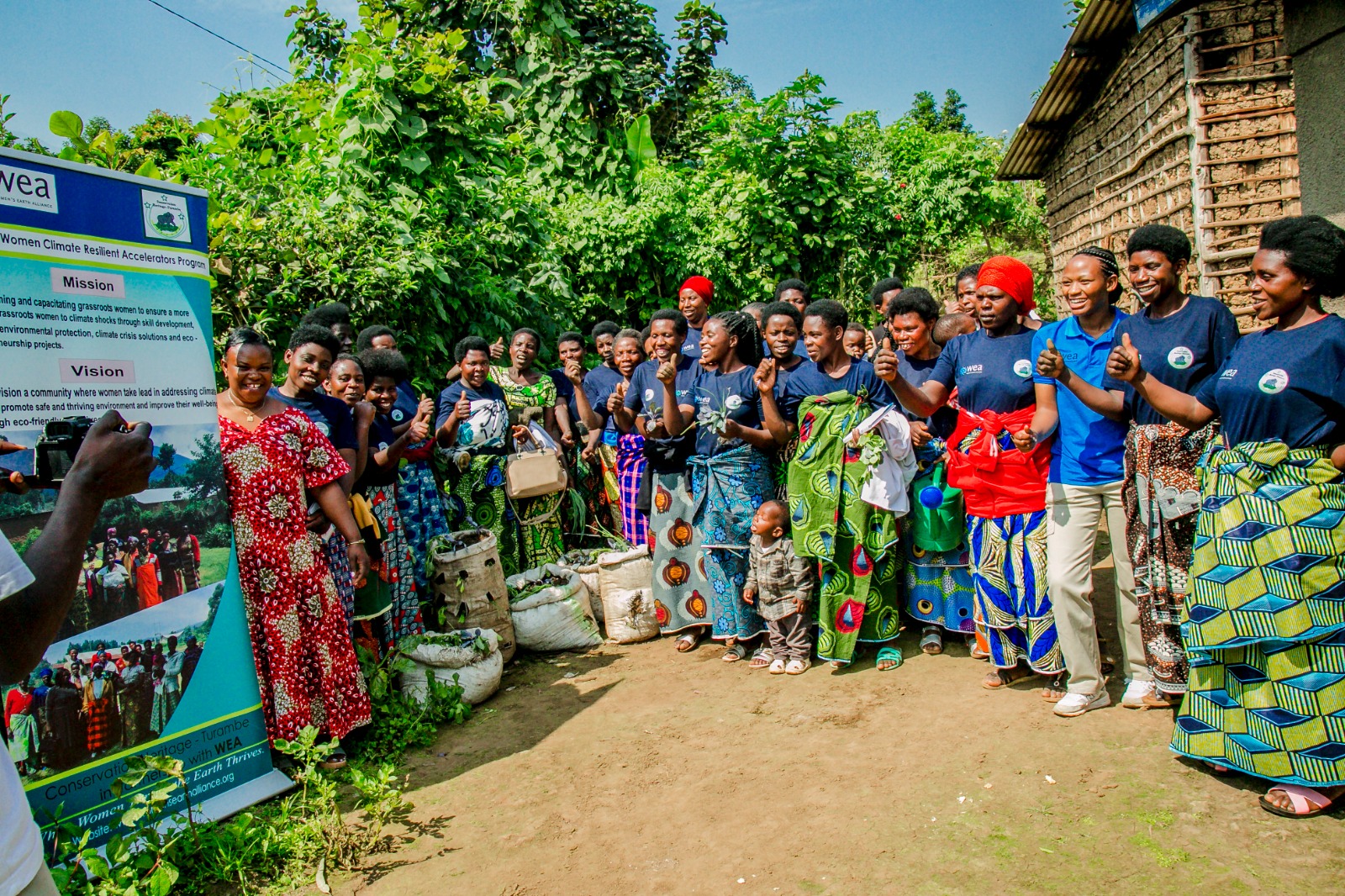
Last year, the Rwanda Women Climate Resilient Accelerators participated in an intensive four-day training designed to equip them with practical skills and tools to address climate challenges within their communities. This transformative program introduced participants to key concepts such as climate change, mitigation and adaptation strategies, and the critical role of gender in climate resilience.
Conservation Heritage – Turambe is a local Non – Governemental organization based in Musanze District in the Northern Province of Rwanda. Established in 2013, CHT is dedicated to promoting Conservation and health education in communities adjacent to the Volcanoes National Park, home to the endangered mountain gorillas.
CHT’s work focuses on education, local community empowerment and support to improve their livelihood and restoration activities to ensure that local community members live in harmony with mountain gorillas and their habitat.
Recognizing that healthy communities are key yo protecting wildlife, Conservation Heritage – Turambe in partnership with Women’s Earth Alliance are catalyzing and supporting women – led solutions that improve livelihoods and create healthier future for both the community and wildlife and the Volcanoes National Park.
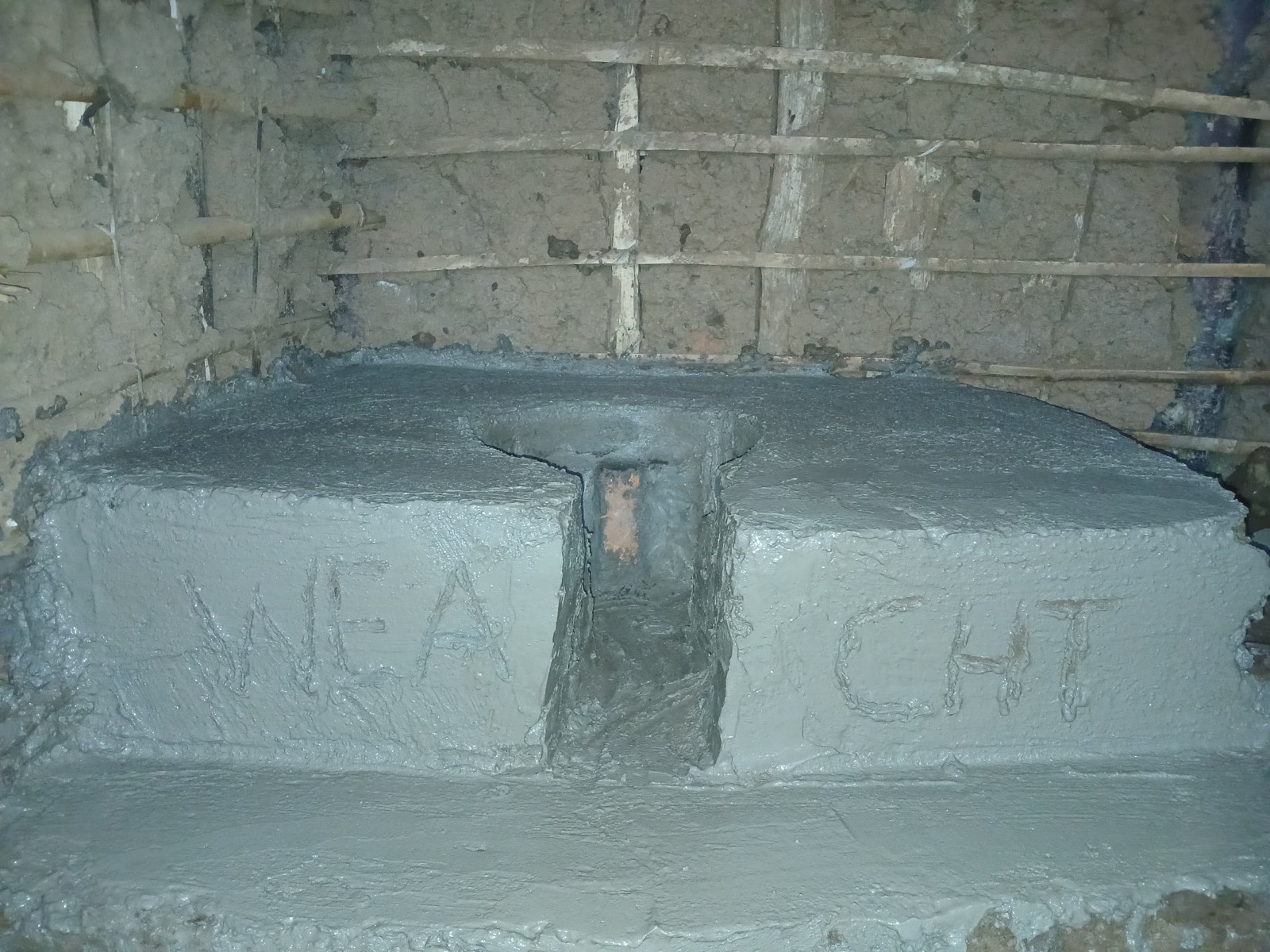

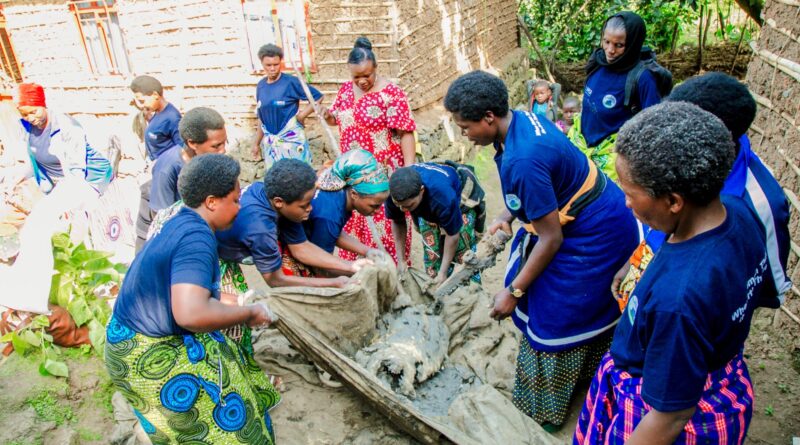
Pingback: Musanze: Women trained to become Climate Resilient Champions to address Climate Crises within their Communities - Green Africa